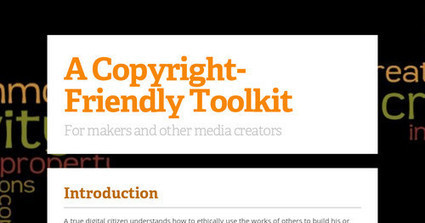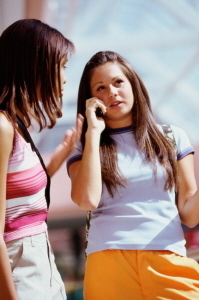Kathleen Morris writes: "
There are many stand-alone lessons or units of work out there. Some schools “tick the box” by covering digital citizenship in the first few weeks of the school year and then move on.
I believe digital citizenship education is most beneficial when it is ongoing and authentic. A blogging program offers this.
I also believe that digital citizenship education should begin very early on, as soon as children begin accessing the internet.
Blogging allows a simple awareness of digital citizenship to start being developed at any age, even in kindergarten classrooms. Then, students can progressively build on their knowledge and skills.
Blogging can offer not only a safe space to practice digital citizenship, but also authentic dilemmas, discussions, and interactions. And hopefully blogging is something that’s weaved into your classroom program so it’s ongoing throughout the year."



 Your new post is loading...
Your new post is loading...




















Our 7th graders are currently blogging about a novel they've all read, using an earlier post from The Edublogger as a framework. I would love to see teachers review this post with students and get them to reflect on these topics. We have addressed most of them in standalone digital citizenship lessons or when we introduced the project, but I think this would be a perfect blog topic for students!
I'd love to share the infographic and ask students for their interpretations of each of the topics before giving my input. I think it's important to show students how my reflection is constantly evolving. Just this week, I saw a tweet from Jennifer LaGarde about blogging. She mentioned that she gets fewer comments on her blog, but that engagement via social media is high. So my own thoughts about communication have changed, as I am one who comments less but reacts on social media more!
I'd love our 7th grade teachers to continue using student blogs after the Tangerine project is over. Perhaps this post will encourage them to think of other uses!